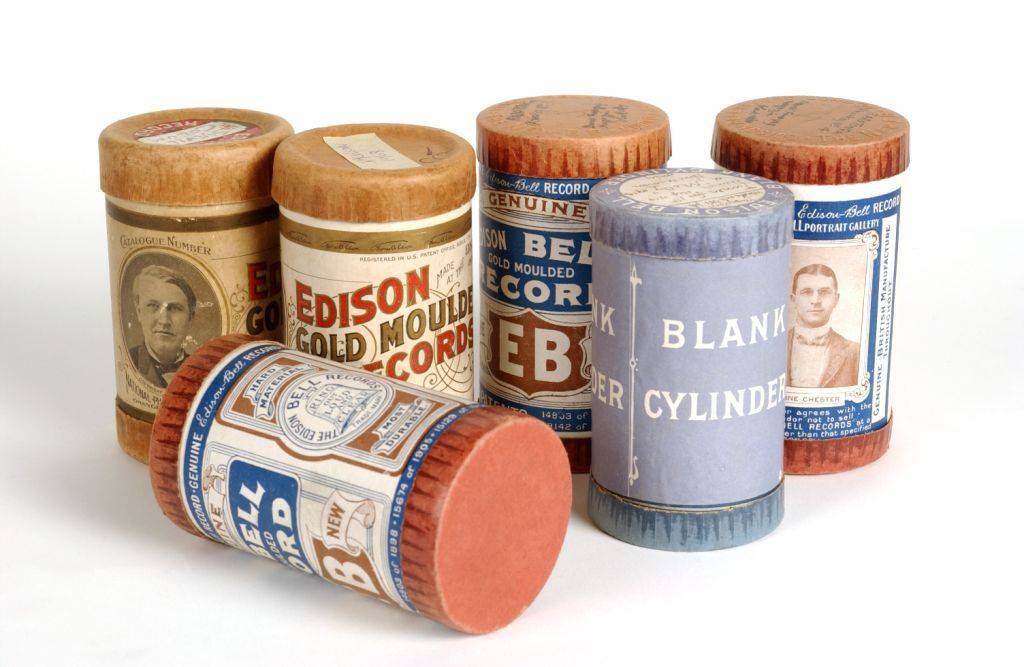The library is more than just books and journals. It is part of the intellectual life of the University. Connect with the collections, tools and expertise you need to support your research, enhance your teaching and feed your curiosity.
The University of Melbourne Library is a hub of people, resources and spaces supporting intellectual pursuits and the creation and sharing of knowledge – at the University and beyond.
Staff at the library offer high quality advice and services that support graduate, early career, or experienced researchers.
Expert librarians are available in person, and online, to help navigate our collections and enable you to discover, use, manage and share information.
The library is open to the public, external researchers, alumni and knowledge seekers.
Supporting your research
Access high quality resources, tools and information to support you through each stage of your research.
Visit Researcher@Library, where we can help maximise your research outcomes.
- Discover published research and information
- Book a research consultation, tour or workshop
- Develop grant proposals
- Manage information and data
- Publish, share and communicate your research
- Increase your research profile and demonstrate and measure impact
- Preserve and archive materials
Library Guides provide information about discipline specific research, advanced research methods as well as general guides to research and useful tools.
Rich and distinctive collections
The University’s general collections contain more than 3.5 million items. This includes books, DVDs, photographic slides, music scores, periodicals and children's toys.
General collections are available in disciplines from architecture and law through to music and veterinary science.
Extensive digital collections include more than half a million e-books, hundreds of databases and over 60 000 general and specialist journals.

Folk music’s intricate tone and rhythm resists graphical music notation. Percy Grainger used a phonograph machine to record folk songs on wax cylinders. Image: University of Melbourne Library.
The Library also holds many special collections of rare books, biological specimens, ancient maps, prints and musical instruments, including the University of Melbourne Archives and Grainger Museum.
Beyond books
Digital Scholarship is a hub of expertise in digitisation, data management, digital curation, forensics and preservation. The team welcomes collaboration with researchers who are developing proposals with a significant digital scholarship component.
The Digitisation Centre offers digitisation services, training, and self-service scanning equipment to the University community.
University researchers can contact the University Copyright Office for advice, support and resources.
Enabling new ways of teaching
Take advantage of the collections, with specialised help for University teaching staff.
Teaching@Library is your entry to a world of creative course materials and resources. There is help available to develop custom courses and object-based learning to enrich your teaching – inside and outside the classroom.
Learning Environments supports student learning and assessment, with a focus on technology, video and media production.
Ready where you are
The Library operates multiple locations across several campuses.
If you’re off-campus, start your search at library.unimelb.edu.au. You can browse databases, online journals, digitised collections, and other resources.
Banner image: Little-known works by Picasso, Joan Brossa, Angela Cavalieri, David Hockney and Joan Miro feature in our collections. This image is of Theo Strasser’s Ghost Bones.